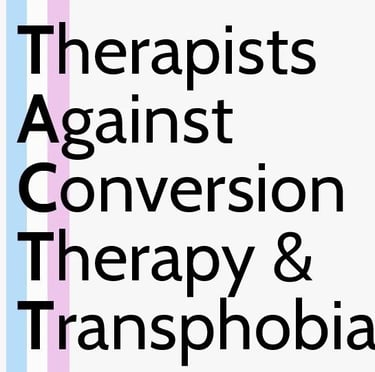Working With Shame: Healing Through Connection
Shame can be one of the most painful and isolating emotions you might face. It often brings a quiet, heavy belief that ‘something is wrong with me’, along with a strong urge to hide or disappear. Unlike guilt, which relates to something we’ve done, shame targets who we believe we are. Shame can be a quiet but deeply influential force, shaping how we relate to ourselves and others.
In our work together, we won’t try to push shame away or ‘fix’ it. Instead, I offer a compassionate and grounded space where you can gently acknowledge and explore shame, at your own pace. This is where healing begins.
What Shame Might Look Like in Therapy
Shame isn’t always something you can name right away. It often shows up in subtle ways. Perhaps you find yourself avoiding eye contact, your voice drops, or you go quiet mid-sentence. These small shifts matter. They’re signals that something tender is surfacing and that part of you is stepping back.
When this happens, I’ll gently check in. I might say something like, “I noticed your shoulders dropped when you talked about that, what are you feeling right now?” Not to analyse you, but to stay present with you. Together, we bring kindness and curiosity to those moments, without overwhelming you.
Why Connection Matters
Shame thrives in silence and isolation. It tells you to hide the parts of yourself that feel too much, too needy, too messy, or just not enough. But shame begins to lose its grip when it’s met with empathy, not judgment.
In our sessions, we stay with the feeling of shame, not to dwell in it, but to understand it. We’ll explore where it comes from, what it’s trying to protect you from, and what it might need now. Often, shame is rooted in early experiences: maybe you were made to feel wrong for having big emotions, or perhaps your needs weren’t met in a way that made you feel safe or valued.
By staying in connection, with me, and with yourself, you begin to learn that even in your most vulnerable moments, you don’t have to be alone. This kind of relational experience can be deeply healing.
Meeting the Inner Critic
If you carry a harsh inner voice that tells you you’re not good enough, you're not alone. That critical voice often plays a big role in keeping shame alive.
In our work, we might invite that inner critic into the open, sometimes even giving it a seat in the room, using techniques like the ‘empty chair’. This gives you the chance to hear what the critic says, ask where it came from, and consider whether you still need to live by its rules.
As you start to meet this voice with curiosity rather than fear, you can begin to soften its grip, and reclaim parts of yourself that may have been pushed aside for a long time.
A Space for You to Be Fully Seen
The Gestalt approach invites you to stay in the present moment, gently bringing awareness to your thoughts, feelings, and body. When it comes to shame, this means learning how to stay in connection even when you feel exposed or unsure. It means discovering that you can bring all of yourself (even the parts you usually hide) and still be met with acceptance.
If shame has shaped your life through perfectionism, people-pleasing, self-criticism, or a deep sense of not being enough, therapy can offer a different experience. You don’t have to figure it all out on your own. Together, we can create a space where change happens not through pressure or performance, but through genuine, human connection.
Interested in learning more or booking a session? Feel free to contact me or explore more about my approach to therapy here.
A New Path
VIA NOVA THERAPY LTD is registered with Companies House (16391344).
Registered address: 20 Wenlock Road, London, N1 7GU
ICO registration: ZB890746
Privacy Policy
© 2026. All rights reserved.
If you are in crisis or need immediate support, please contact Samaritans free at 116 123 (UK & ROI), available 24/7, or visit www.samaritans.org



